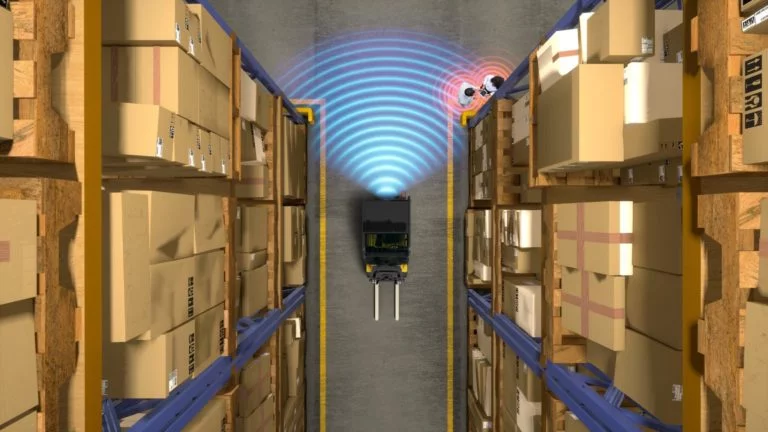Logistics and cargo handling activities carried out in the port environment are largely managed manually by workers in order to ensure the required operational standards. With the aim of making their employees’ tasks easier, more efficient and ergonomic, the Autorità di Sistema Portuale del Mar Tirreno Settentrionale (Port System Authority of the Northern Tyrrhenian Sea, AdSP MTS) and the Compagnia Portuale di Livorno (Livorno Port Company, CPL), together with IUVO, a spin-off company of the Scuola Superiore Sant’Anna (Pisa), and Comau have conducted a pilot study – among the first carried out in Europe and in the world – for the adoption of wearable MATE-XT and MATE-XB exoskeletons designed by the 2 companies. MATE-XT helps to reduce the muscle load of the upper limbs during static or repetitive activities, which require workers to keep their arms raised for extended periods of time, while MATE-XB relieves the muscle effort of the lumbar area when handling loads.
The field tests conducted by IUVO and Comau, in collaboration with the port institutions, were carried out over a period of 6 months with 12 workers employed in the port area of Livorno who wore MATE exoskeletons during their daily work. During this period, the positive effects obtained at both a physical and operational level were measured and validated.
Manual, non-automatable activities such as loading-unloading goods, moving heavy loads along the dock, lashing or unlashing containers on board ships can be extremely tiring for the operators. The support of wearable exoskeletons, such as MATE-XT and MATE-XB, helps reduce physical stress and the risk of triggering potentially disabling musculoskeletal diseases over time. To confirm this, in the initial phase of the project, IUVO and Comau conducted accurate instrumental measurements on the muscle activity of the workers. These same workers were asked, through the compilation of dedicated questionnaires, to directly assess the sensation of fatigue perceived with the use of MATE exoskeletons. The end results have been impressive. Not only did the operators warmly embrace these new technologies, they have recognized the positive impact the exoskeletons can have on their activities and performance. In line with data previously collected and verified by IUVO and Comau, together with companies that have been using this technology for several years, it has been shown that the MATE-XT upper limb exoskeleton and the MATE-XB lumbar device can reduce the effort of operators by up to 30%.
The pilot study and the positive results achieved testify to the commitment of the AdSP MTS and the CPL in promoting the health and well-being of port operators, as well as in experimenting with cutting-edge technologies capable of making the working environment safer and more comfortable.
Duilio Amico, CEO of IUVO and Head of Wearable Technologies at Comau, explained “The study conducted together with important institutions such as AdSP MTS and CPL is one of the first in Europe and in the world that aims to evaluate the effect of exoskeleton technologies for the improvement of ergonomics and safety of workers in the port system. This project confirms IUVO and Comau’s commitment to creating an ecosystem for the development and adoption of wearable robotics technologies that promote the well-being of workers.”
Nicola Vitiello, full professor at the Scuola Superiore Sant’Anna and co-founder of IUVO, underscored, “The pilot study launched in Livorno’s sea port was an important opportunity to continue testing and perfecting the wearable robotics solutions developed with Comau directly in the field, in new applications and sectors. The benefits and enthusiasm experienced by those who wear MATE exoskeletons to carry out their tasks are further confirmation of how this innovative technology can be successfully applied in different areas in the future, significantly reducing physical fatigue and improving people’s quality of life.”
Luciano Guerrieri, President of the Autorità di Sistema Portuale del Mar Tirreno Settentrionale, said, “Safety and the protection of workers’ health are fundamental for our institution. The constant attention to these aspects, combined with openness and interest in innovation, has allowed us to be one of the first port systems in the world to test these cutting-edge technologies, with the aim of reaffirming and improving our commitment to the safety and well-being of our employees.”
Enzo Raugei, Chairman of the Compagnia Portuale di Livorno, added, “The well-being of our workers is central to the Company. We are thrilled to have been at the forefront of implementing innovative technologies in our industry and to have been the first to understand their use in the port business. The safety and well-being of our members and employees is a top priority for our cooperative, and this initiative demonstrates our continued commitment to ensuring it.”














